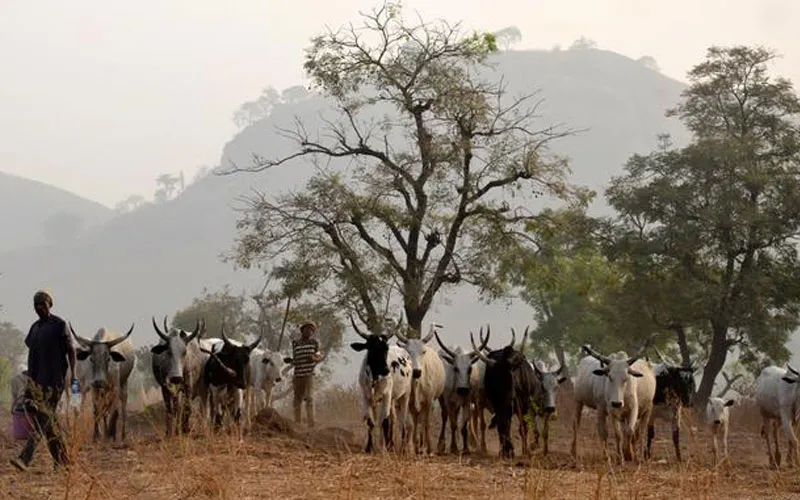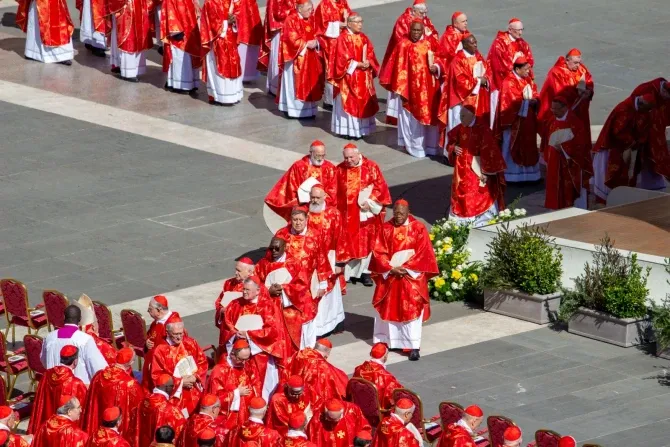“The land is for the benefit of all earth’s creatures; humans created in God’s image and likeness have the mandate to take care of it as their ‘common home’ and the home of other earth’s creatures as Pope Francis says in Laudato Si,” the CABAN members say in their collective statement signed by their leadership.
“The land itself has been grossly exploited and abused. Humans have died, been maimed and dispossessed of their heritage,” the scholars observe, explaining their assertion that most of the conflicts in contemporary societies are land-related.
The Biblical scholars say that the resources in Mother Earth are for the progress and welfare of every human being.
In the communiqué that went through multiple reviews following the 3-5 November conference, CABAN members reiterate that today, the same resources with which God has blessed the land have generated all kinds of conflict.
“The ongoing killings in Nigeria, for example, are connected with the rich land resources God has bestowed on its citizens. Destruction of the life of any human being for whatever reason is a crime; it is against the will of the Creator and the clear message of the Bible,” CABAN members say, making reference to the Books of Exodus, Deuteronomy and Sirach.
(Story continues below)
They add, “We are all brothers and sisters. No one has the right to end the life of another human being or ethnic group in order to usurp their land resources.”
During their three-day conference held through Zoom Cloud, CABAN members also tackled the problem of racism and racial differences and said that no nation has the right to claim superiority over another on account of the differences.
“Every culture has its own values,” they said, and added, “Most African cultures, for instance, are hospitable and welcoming to strangers.”
“The problem arises when new settlers forcefully or subtly claim racial superiority and ownership of the land against their original inhabitants,” CABAN members say in the communique co-signed by CABAN President, Sr. Okure and Fr. Dr. Luke Ijezie who is the Secretary of CABAN.
“This problem can be avoided if newcomers eschew their hidden agenda to claim hegemony and false racial superiority over the indigenous peoples,” they suggest, adding, “We see this being sadly played out in most parts of Nigeria, Africa and other parts of the world. On the authority of Scripture, such subversive agenda must be rejected outright.”
During the conference, the scripture scholars also deliberated on the topic of responsible leadership and noted that every authority comes from God and that it is for a good purpose.
Leaders, the Biblical scholars say, have the responsibility to protect human life, land and property and to ensure that human dignity is respected by all.
When leaders fail in their duties, citizens suffer greatly, they emphasize.
“Most human-inflicted hardships can be attributed to irresponsible stewardship of leaders. Structures that discriminate and dehumanize human persons on the grounds of religion, ethnicity, tribe, gender or political affiliation, whatever their ideology, must be dismantled,” CABAN members say in their statement shared with ACI Africa December 6.
Agnes Aineah is a Kenyan journalist with a background in digital and newspaper reporting. She holds a Master of Arts in Digital Journalism from the Aga Khan University, Graduate School of Media and Communications and a Bachelor's Degree in Linguistics, Media and Communications from Kenya's Moi University. Agnes currently serves as a journalist for ACI Africa.








